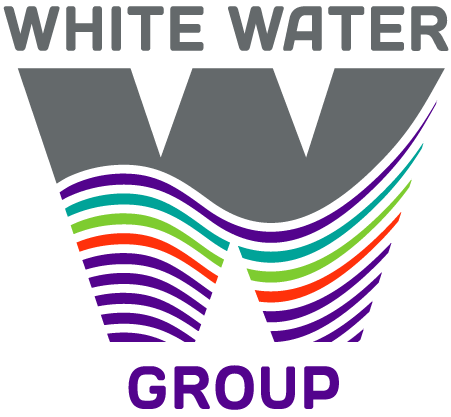Sounds a bit too hippy and laid back for modern leadership? According to positive psychologists, achieving a state of flow is the real key to effectiveness, creativity and sheer joy in your work. In flow, you have total concentration, time flies and you know you are functioning at your very best. You may be working hard but are quite unconscious of that as so caught up in the moment. You are not particularly aware of your emotions, happy or sad – just in the zone. Andy Murray described exactly that state when he won the Men’s singles at Wimbledon last week to the point that he had no memory of the winning point. Now that is real focus! In the white water turmoil of daily life, it can be hard to find those perfect moments of flow – when nothing else seems to matter but the effortless balance of your skills, perfectly matched to the current challenge. These are the moments that are often later recalled as some of your best experiences. The positive psychologist, Csikszentmhalyi (‘Cheeks sent me high’, to you), who has carried out the definitive research on flow, found that these periods of flow were most likely to happen when people truly played to their own signature strengths, without let or hindrance, without interruption or interference. Yet we often find that people have either never been really sure what their true strengths are or have lost sight of them as they climbed up through the organisation. People are also pretty useless at setting aside uninterrupted time. Knowing your strengths We ask clients to write a story telling us about the last time they were absolutely at their best. We call it a positive introduction. It allows us to access their strengths and to help them to find ways to confidently use the strengths in novel ways every day. As a result, they build more of these flow moments into their working life for maximum benefit. Our clients describe very different flow situations: for one it might be the construction of a perfect spreadsheet, for another the exquisite delivery of a fascinating presentation, for some of us it is the deep focus we achieve in a three-hour coaching session. Each to their own and each to their strengths. Sadly, all too often, people can only recall events outside work or that happened many years ago. Life has become so busily at the beck and call of external demands and internal interruption that flow and hence satisfaction and performance are both limited. Focus and concentration hold the key to achieving flow. Distraction interrupts flow. It can take hours to recover the peace of mind needed to get on with the work. The more ambitious the task, the longer it takes to lose yourself in it, and the easier it is to be distracted. 90 minutes for flow Only too often we are disturbed by internal or external distraction and so never truly find ourselves in flow – interruptions, self-doubt and lack of control make sure of that. We all pride ourselves on multitasking when, in fact, that never really works. (Test it out: try walking behind someone who is attempting to walk and text – both activities slow down dramatically and are inefficient and frustrating.) We encourage clients to plan for 90 uninterrupted minutes to get each major task done. Without phone calls, texts, e-mails and people to distract, there is almost no other choice but to achieve some kind of flow. The more flow you experience the greater the happiness people report so it has a fundamental role in both achieving your best and feeling good about it. Passing it on Once you have increased your own experience of flow, it is time to develop the conditions for team flow in order to ensure your people’s engagement. Start by knowing their strengths and allowing them to exercise these in clear uninterrupted time slots. Minimise distraction. Maximise harmony and flow to develop the happiest and most productive team. Averil, François and all at White Water Group





